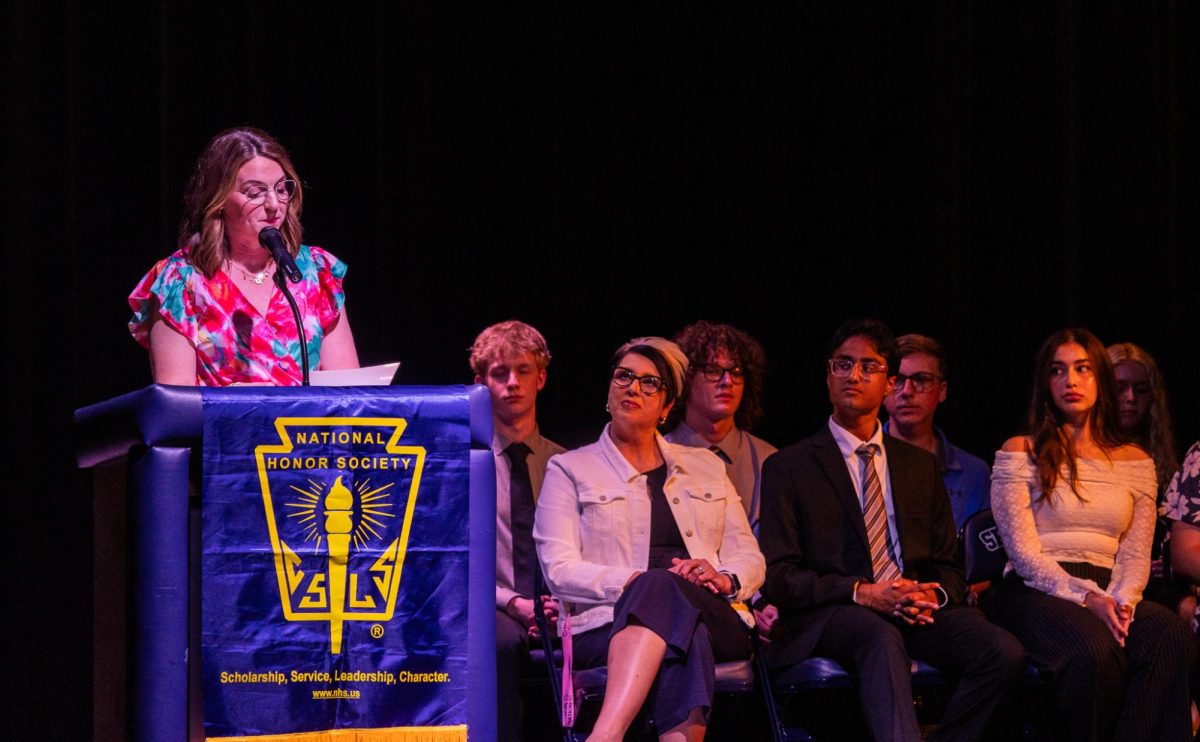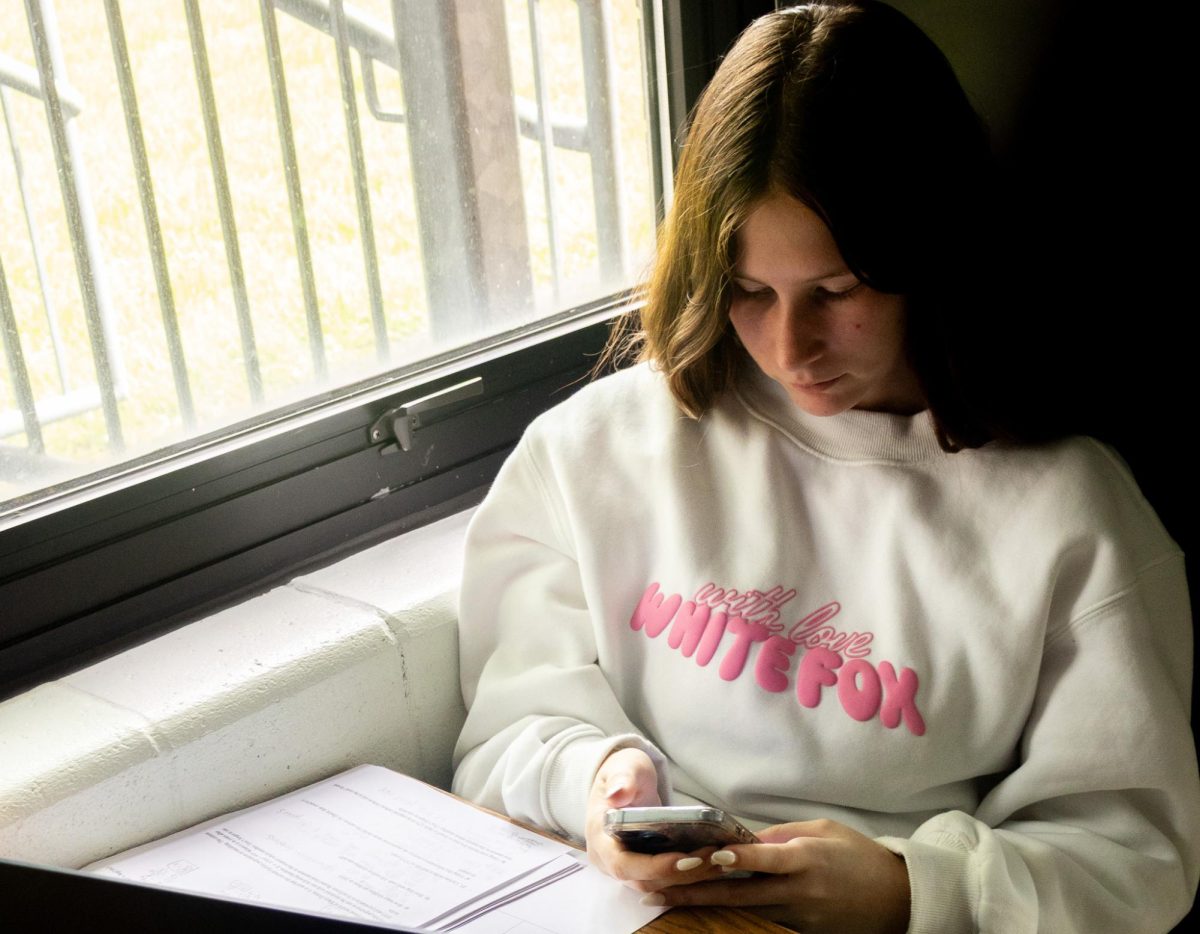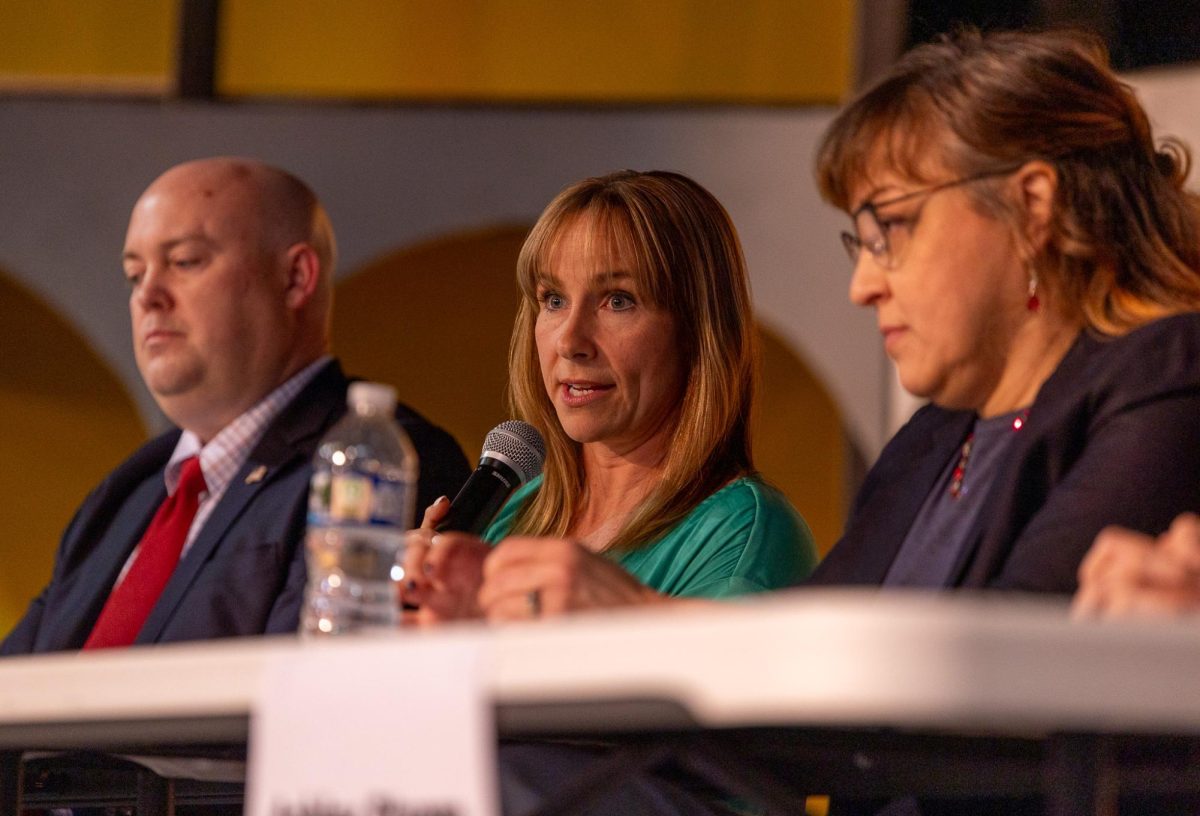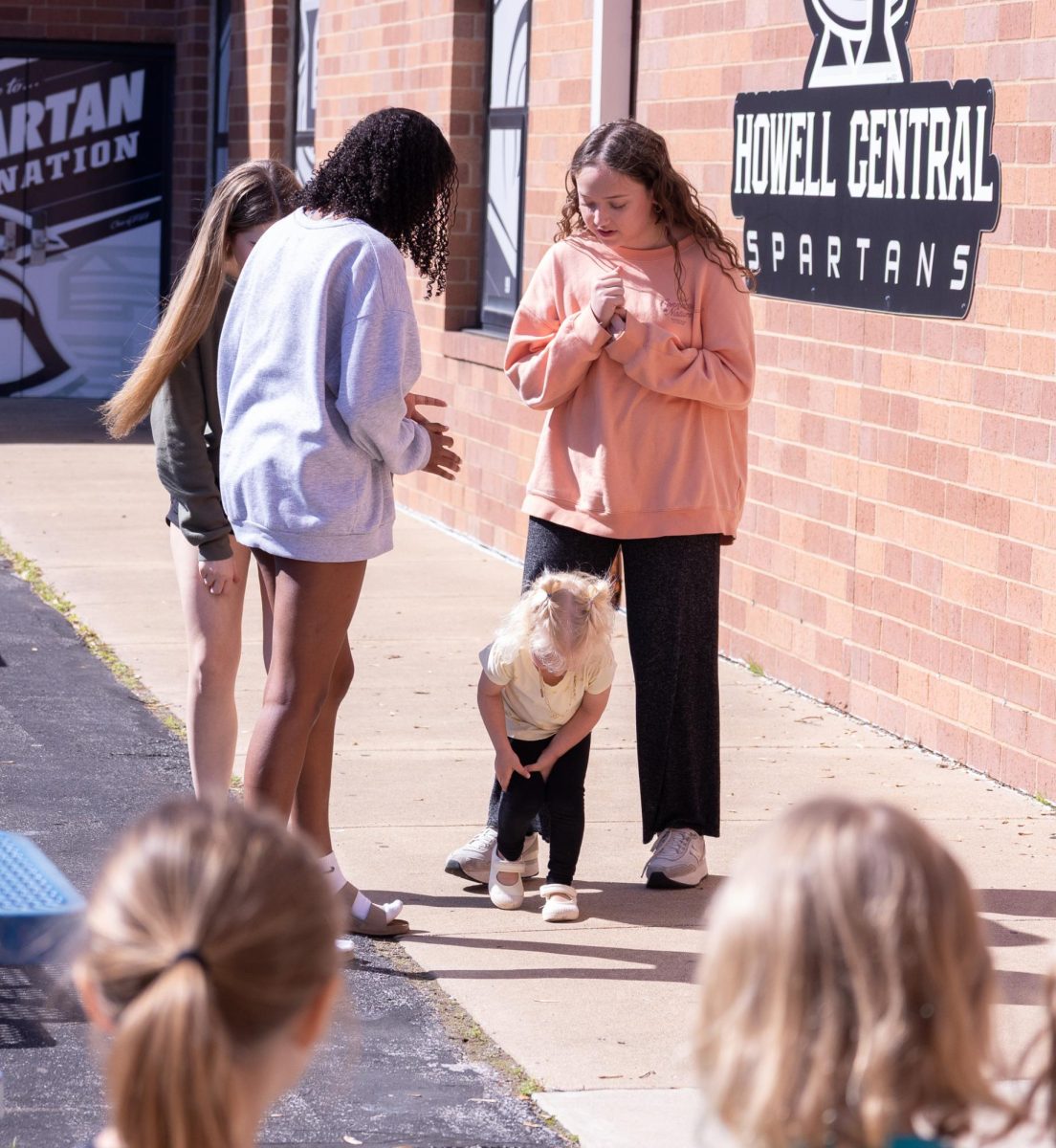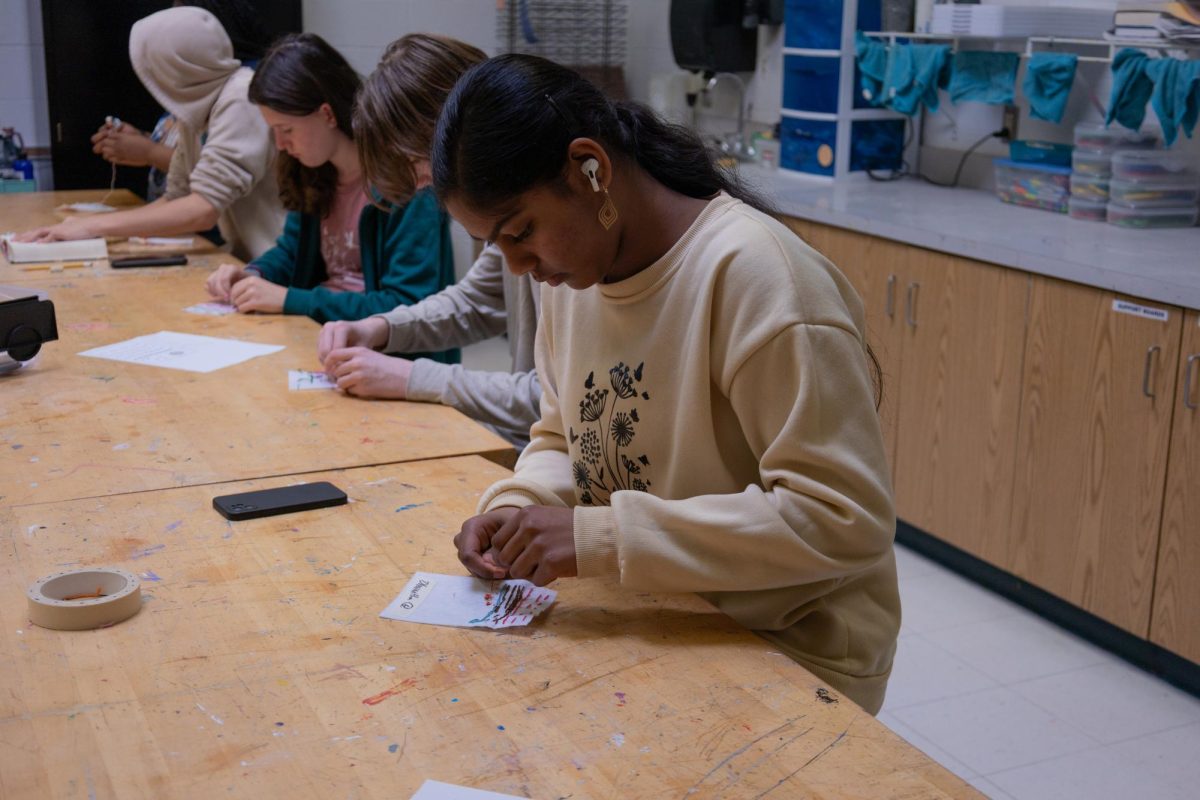All high schoolers are aware of such classics like “Romeo and Juliet” by Shakespeare and “Odyssey” by Homer, especially since many high schools cover these works in their English classes. There are many lesser known works with just as much literary value as the aforementioned stories that aren’t taught in classes though, for example, the works of Maya Angelou, whose writings inspired many and won her many awards.
A recent class, which has been subject to much controversy and scrutiny these past months, allows students to dive deep into the world of literature through the eyes of those who were discriminated against and celebrate their contributions to the ever growing library of important and influential works.
Mrs. Sarah LaRue is an English teacher and the one who will be teaching Black Literature next year, and she sheds some light on how the class came to be.
“Some students pushed for this course, and some teachers worked with our content leader to make it a reality,” Mrs. LaRue said.
Mrs. Ashley Eiswirth was the first to teach Black Literature at FHC and she goes into detail on how she made this class a reality.
“I led the FHC Diversity Club. Part of my job was to attend Gateway to Change. Part of that program resulted in students meeting with FHC admin and suggesting actionable steps that FHC and FHSD could take to be more inclusive.” Mrs. Eiswirth said. “One of the suggestions was to create Black Literature and Black History courses. This was suggested for several years before the district allowed the curriculum to be created.”
Mrs. LaRue mentions the difference between the other English courses offered at the school.
“I think Black Lit is a course like none other in the ELA department. In the courses we have, we usually teach a variety of texts from a variety of authors, walks of life, and backgrounds.” LaRue said. “While this is still the case within Black Lit, all of the texts are black authors. It’s a celebration of the Black experience.”
Mrs. Eiswirth explains the value found in the course and why the class is important to those who want to take it.
“The value of this course lies in its focus on contemporary and multi-genre literary works by Black authors, celebrating Black voices and identity. Students explore Black literary tradition, enhancing their literary and analytical skills while gaining insight into cultural identity. The course fosters public speaking, literary analysis, and research skills.” Mrs. Eiswirth said. “By taking the course, they will deepen their understanding of Black literary tradition, identity, and culture.”
Mrs. LaRue believes the course to be very important to students,
“I think any and all students can find value in this course because it’s an opportunity to see themselves in literature and to celebrate their own life and experiences they’ve encountered.” Mrs. LaRue said.
The board’s decision to remove the Black Literature course was highly contested, and Mrs. Eiswirth shares her thoughts on the matter.
“I am extremely disappointed in the recent news about the Black Literature course, but I am not surprised. Getting approval for this course was a struggle from the very beginning which is part of the reason I chose to leave the district.” Eiswirth said.
Not only was Black Literature threatened by the Board’s decision, but so was Black History, which junior Isabella Duncan took last semester.
“I’ve had a lot of friends who took Black History class or some that are in it now with me. We’re all deeply upset about it, because I know that we learned a lot and we really went into depth about what is happening in black history or even what’s happening now.” Duncan said.
“I feel like everyone deserves to have an opinion and everyone deserves to have their voice heard which is one reason I wanted to create this course; however, seeing as how this course is an elective, I do not think the offering of the course should be [removed] because the course is not being forced on any student. The course is simply a choice offering and the choice should be allowed.” Mrs. Eiswirth said.
Duncan also expresses her disapproval towards the Board’s decision.
“We wanted to reinstate it, but nobody wanted it politically neutral. I mean, to remove it in the first place, and then bring it back with something you already know that it’s not going to be as it was before, is wrong,” Duncan said.
Mrs. LaRue encourages students to take the class, sharing what the class next year will consist of.
“Take it! I want it to be a course meaningful for everyone who walks through the doors. It’ll be heavily rooted in discussion and reading rich texts with a variety of Black experiences, and we all will be learning together.” Mrs. LaRue said.





